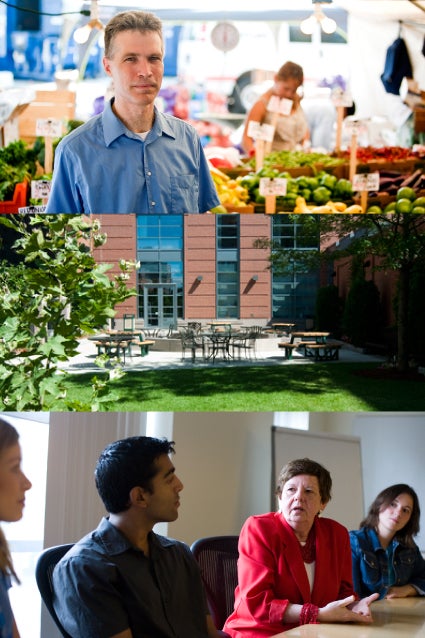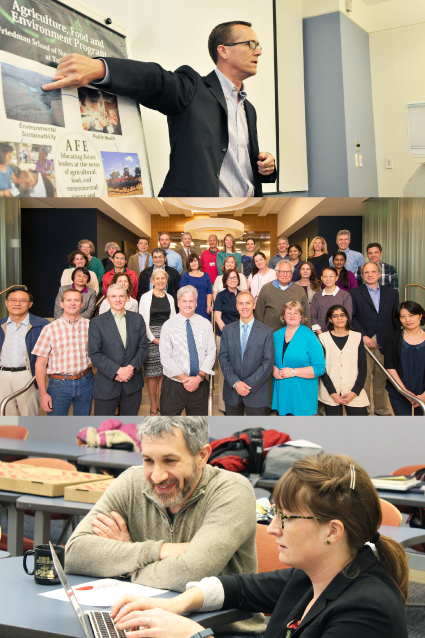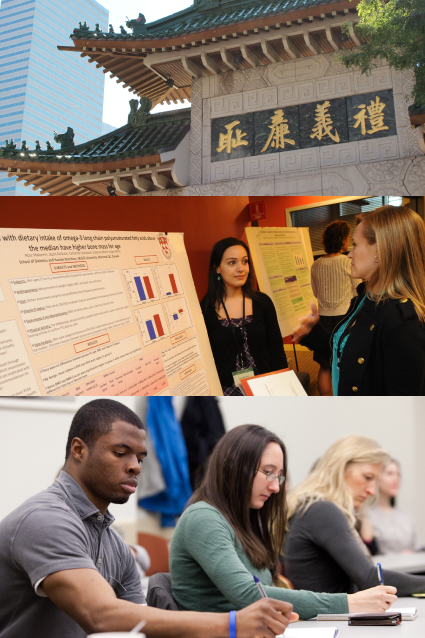Taught jointly by faculty from the Harvard Humanitarian Initiative and the Feinstein International Center, this course offers insight into the complex issues involved in humanitarian work and provides training in the practical field skills needed to engage in effective responses. Key topics include:
- Humanitarian community and history
- Sphere standards
- Rapid assessments
- Humanitarian clusters: protection; shelter; camp coordination and management; food security; early recovery; water, sanitation, and hygiene; health; nutrition; education; logistics; and emergency telecommunications
- Program design, budgeting, and monitoring and evaluation
- Field security
- Civil-military relations
- Media skills
- Mental health and responder resilience
- Localization and diversity
- Ethics and accountability
Over the semester, the course will also explore questions about how the current model of humanitarianism needs to evolve in a changing world. It culminates with a mandatory, three-day intensive field simulation that will take place from Friday, 26 April to Sunday, 28 April. The fee to cover camping gear, food, and other equipment is still to be determined, but in past years has been in the range of USD 300.
The course starts on 24 January and ends on 01 May. It is cross-listed with The Fletcher School (D213) and enrollment is limited to eight Friedman students and 10 Fletcher students.







